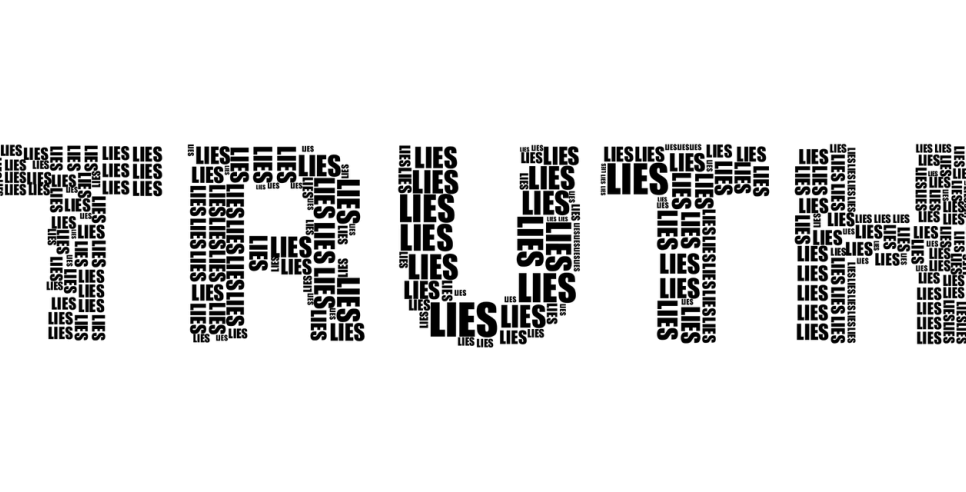
Truth is one of the buzzwords that people would hear most in political games, no matter from professional politicians or from ordinary people. However, social politics in its nature is fundamentally not for finding or telling truth, but for gaining support or favor from others. For this reason, sophistry (meaning to use untruth as a vanquishing means to gain political advantage) instead of the art of finding and telling truth, has become the most important skill for politics. This does not mean politics would not involve truth finding and truth telling; even sophistry could contain truthful elements, and truth would always be the most powerful weapon in any political fight. However, because politics is ultimately for gaining favor or support instead of finding and telling truth, the powerfulness of truth itself would also become an important reason for people to intentionally hide the truth that would not help themselves, and sophistry is a handy tool for them to elegantly achieve this.
Sophistry is common with both democratic and nondemocratic politics, but it affects the mentality of the majority of the society in quite different ways. In nondemocratic politics, the majority of the society would be forced to accept the obvious sophistic ways of saying things (at least openly) in life, and thus the main negative impact upon the mentality of the majority of the society would be the brainwash that could cause the false logic to be imprinted in the mind of the majority of the society, so that a large portion of the populace would not only intentionally refrain themselves from violating the rules set up by the state, but also unintentionally think in terms of the false logic.
In democratic politics, the utilization of sophistry by the general public would become much more creative and proactive, largely because of the diversity and the relative freedom in democratic politics. Although in partisan politics, party members might also be disciplined to speak in certain ways in line with the cultures of their own parties, they would in general enjoy a much greater freedom for how they could think and talk, in comparison to people in a nondemocratic political environment. On the other hand, in democratic political life, especially in democratic elections, how to win the support of ordinary citizens would become much more challenging than in nondemocratic environment. This would create a tremendous extra pressure on not only professional politicians but also others (e.g. media professionals) who are actively involved in the public affairs in the politically sophisticated society. Consequently, democratic politics could more profoundly cause the society to evolve towards the state of sophistry due to its direct engagement of a larger percentage of the population to apply skills of sophistry in various plays of politics in all aspects of life.
This knowledge should be an alert to those who believe the stereotyped claim that democratic politics would always be the best resort for upholding social moral standards.
Please click this link to read the final remarks: https://fairlifebook.wordpress.com/2019/11/23/politics-and-truth/










